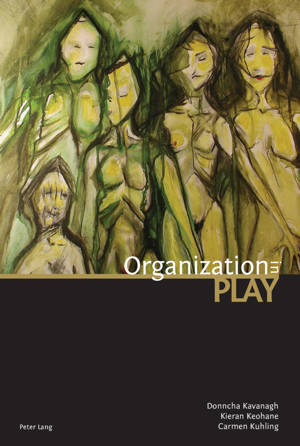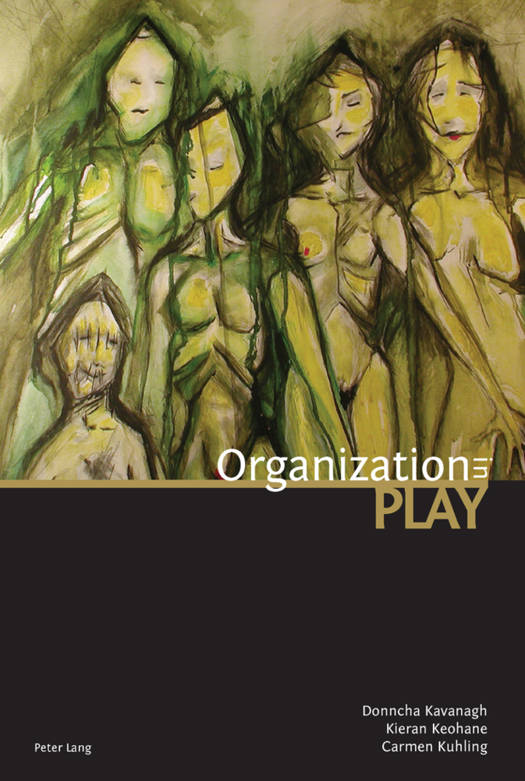
En raison d'une grêve chez bpost, votre commande pourrait être retardée. Vous avez besoin d’un livre rapidement ? Nos magasins vous accueillent à bras ouverts !
- Retrait gratuit dans votre magasin Club
- 7.000.000 titres dans notre catalogue
- Payer en toute sécurité
- Toujours un magasin près de chez vous
En raison de la grêve chez bpost, votre commande pourrait être retardée. Vous avez besoin d’un livre rapidement ? Nos magasins vous accueillent à bras ouverts !
- Retrait gratuit dans votre magasin Club
- 7.000.0000 titres dans notre catalogue
- Payer en toute sécurité
- Toujours un magasin près de chez vous
65,45 €
+ 130 points
Description
Play is a foundational concept that animates life, work, creativity and organization; and while play is essential, it also dislodges the very meaning of these terms. Organization in Play explores different meanings, usages and understandings of play to present novel and insightful perspectives on capitalism, management, markets, bureaucracy and other organizational phenomena. It traces how early capitalism, with its ethos of austerity and distaste for recreation, has given way to a more ludic version in recent times. At the same time, children - those playmakers supreme - have been, curiously, excluded from scholarly conversation about organization. The authors examine this and other paradoxes using a wide range of sources - from Weber to Sesame Street, from Star Trek to Lacan, from Riverdance to Beckett - that shed light on the capricious boundaries between work and play, rationality and foolishness, sense and nonsense.
Play points us to the liminal and the extraordinary, where meaning is ambiguous at best, and where conventional notions about order and disorder, movement and stasis, centre and periphery are undone and are put into play. It focuses our attention on the silences and absences, the comic and the theatrical, the folly and the madness of markets, organizations, management and work practices in contemporary capitalism. Drawing on a deep engagement with sociological and organizational literatures, the authors show how a play perspective enhances our understanding of the institutions we inhabit and which inhabit us.
Play points us to the liminal and the extraordinary, where meaning is ambiguous at best, and where conventional notions about order and disorder, movement and stasis, centre and periphery are undone and are put into play. It focuses our attention on the silences and absences, the comic and the theatrical, the folly and the madness of markets, organizations, management and work practices in contemporary capitalism. Drawing on a deep engagement with sociological and organizational literatures, the authors show how a play perspective enhances our understanding of the institutions we inhabit and which inhabit us.
Spécifications
Parties prenantes
- Auteur(s) :
- Editeur:
Contenu
- Nombre de pages :
- 230
- Langue:
- Anglais
Caractéristiques
- EAN:
- 9783034302135
- Date de parution :
- 29-05-11
- Format:
- Livre broché
- Format numérique:
- Trade paperback (VS)
- Dimensions :
- 150 mm x 225 mm
- Poids :
- 349 g

Les avis
Nous publions uniquement les avis qui respectent les conditions requises. Consultez nos conditions pour les avis.






